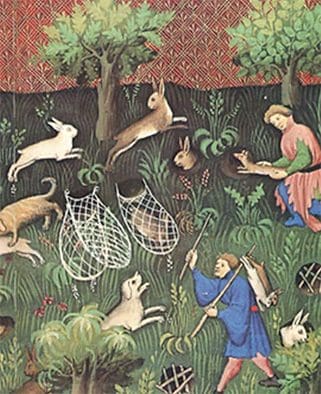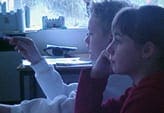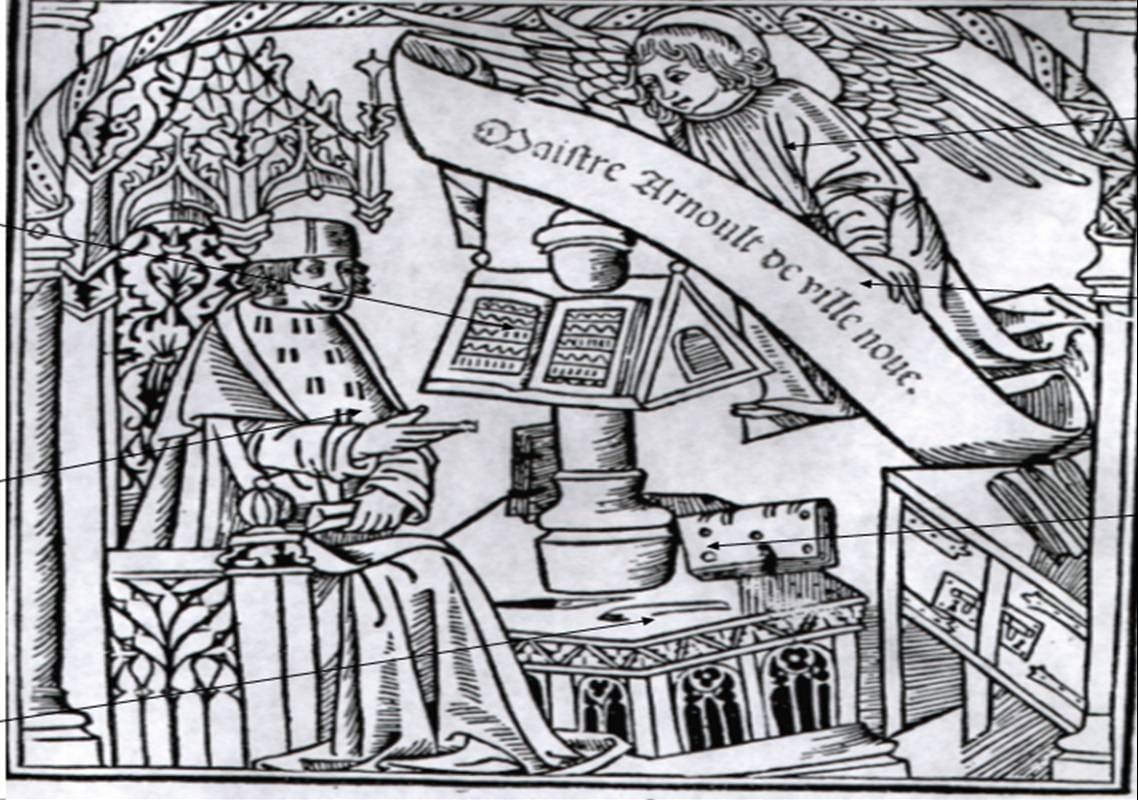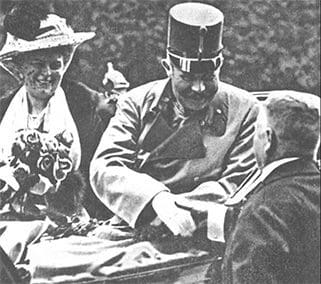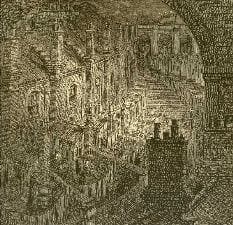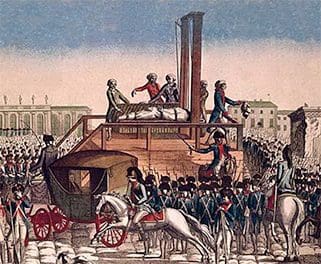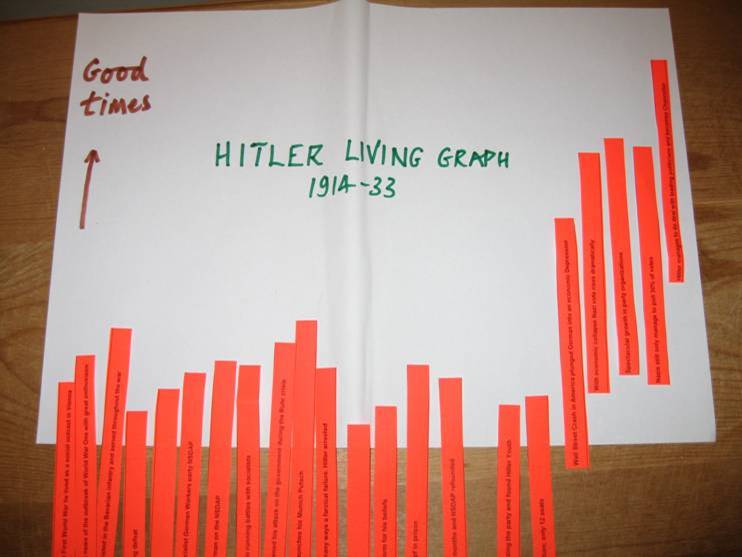
You will find examples of creativity in most of the Outstanding Lessons on the site. Often these are the product of a creative approach or working towards a creative product but when they are really successful they also promote creativity in the pupils and students. The following section offers some pointers about how to promote creativity and draws heavily on QCA’s advice, but provides the classroom examples that their advice lacks.
How to develop more creative behaviour in history lessons
Encourage pupils to :
- Respond flexibly, intuitively and imaginatively when challenged by historical problems e.g. How are we going to prove whether the Factory Act of 1833 worked? See Outstanding Lesson
- Challenge conventional responses and assumptions, e.g. were the reasons for Y as simple as that?
- Ask, and answer, open-ended questions about the past. Would you have rather lived in 1300 or 1600? What questions would you like to

